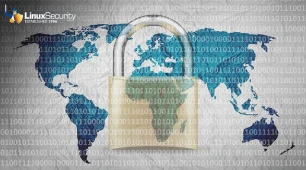The work by researchers at Harvard University, Boston University and BBN Technologies is the closest scientists have come to a real-world quantum encryption system that uses light particles called photons to lock and unlock information instead of random-number "keys."
Using the technology, the scientists can swap data, send e-mail and visit one another's websites as their data is protected.
Researchers are still exploring its practical applications, but some say it could one day replace the encryption now used for most secure Internet traffic, and shield financial or government communications.
"It is really a futuristic technology," said Harvard project scientist John M. Myers. "Its applications are going to be a lot like the laser and the transistor, in that early people could not think of all the possible applications and uses of it."
Quantum cryptography depends on a defining discovery in physics: that subatomic particles can exist in multiple states at once until something interacts with them. Thus, even observing photons used in quantum encryption changes them, ruining the codes.
The link for this article located at globetechnology.com is no longer available.
















